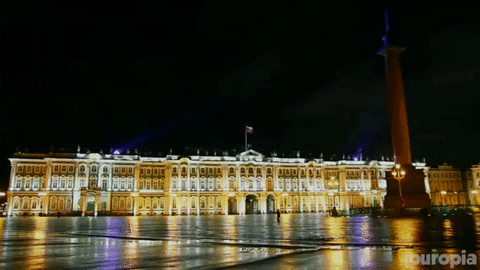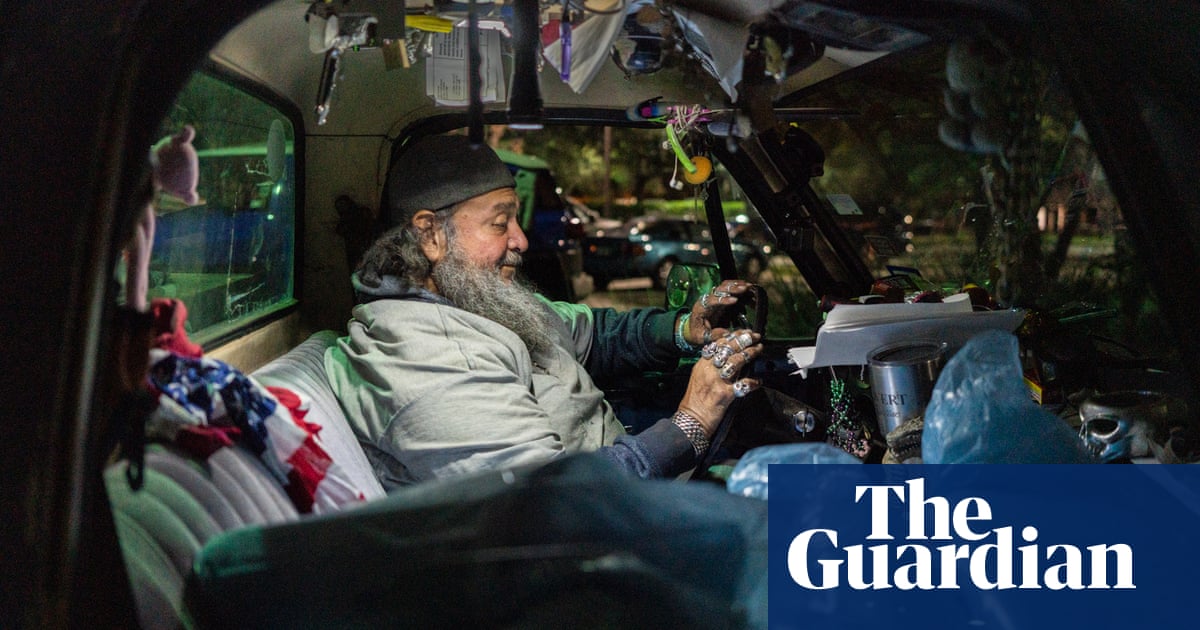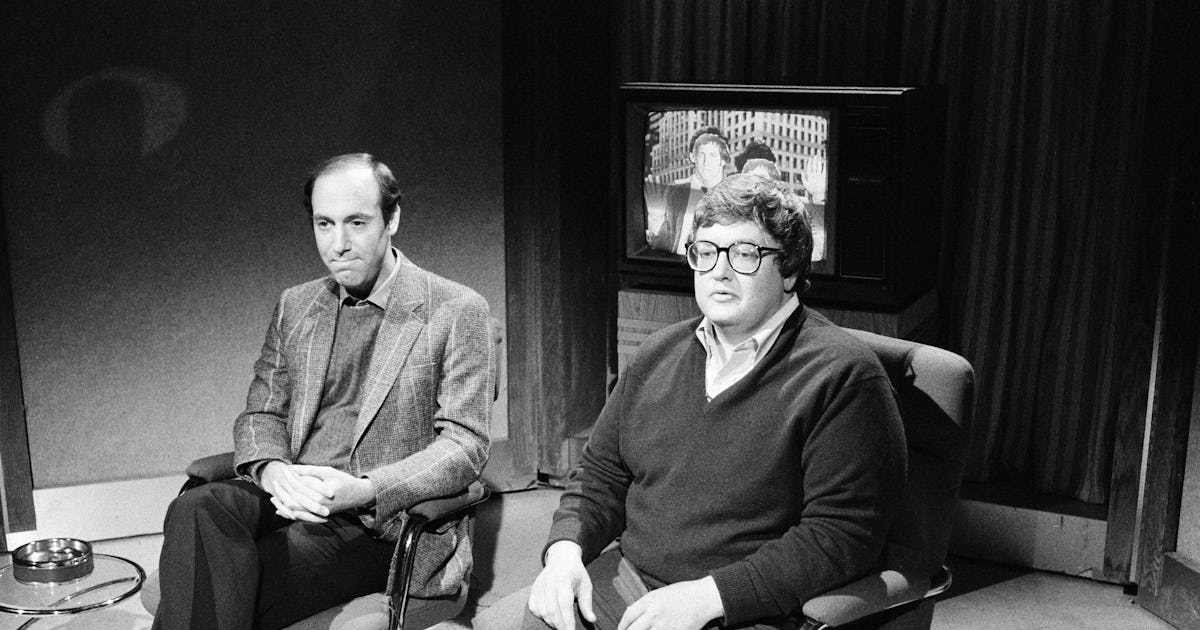
Giphy
The Things We Read
I spent one winter in Southern Russia. With snow on the ground and an ancient, heated radiator working overtime, I read David Copperfield under the moonlit sky of Rostov. There was a courtyard below the old soviet block building I resided in and I went to the window to look out. I shed a tear as I watched a cat tread across an empty children’s playground and the packed, frozen snow. That is the power of good literature. I’d just finished the part of the book where Copperfield’s blind love for his friend is gone forever as Steerforth refuses help and drowns.
That’s the ability to connect in certain places and times with well-written words, and ever since then I’ve been a big admirer of Charles Dickens.
Later on, I was in Moscow and a friendly member of one of the many NGOs in town passed along an old copy of Lonesome Dove, which was also a treat. I’d seen this miniseries with my father years earlier, a great piece of film with Robert Duvall and Tommy Lee Jones, but the book was even more exceptional and filled up many evenings in a powerful, imaginative way.
As an undergraduate, I had two excellent literature teachers at the University of North Florida. At least at that time, reading was a crucial part of class and discussion. Dr. Mary Decker introduced us to the Christian Science Monitor, a daily newspaper then, where she expected us to have a subscription and that we would actually read it. Bigger than that, she made us read Dune, a not very small tome that remains a top five all-time best book for me. She used Dune to show how a work of fiction could cover issues of politics, the environment, and Middle Eastern culture.
I am sometimes in awe of the number of Russian authors we covered that semester. The professor was just a few years older than us and as I recall a recent graduate of Florida State University. I regret that I’ve lost her name to the sands of time, but her teaching style was as eccentric as her usual garb in class. She had long red hair that was roped and knotted and she wore John Lennon-style round glasses. She wore a skirt with knee-high striped socks. She is still to this day the only professor I ever had that would toss a question in the air and wait an entire minute of silence for an answer.
“So what was the significance of Lermontov writing this? What was he trying to say about Russian society of the time?”
Pause. Look around the room. Her facial features would not change, no smile, waiting, waiting…
The silence would grow along with the anxiety. Instead of letting us off the hook, she would ask a different but connected question and let it hang on the empty wind until a brave soul would toss out some answer from the ether—anything to move us along. People got the message and we came in exhausted from doing the homework and pushing ourselves through the mostly melancholic literature of Turgenev, Tolstoy, Pushkin, and Gogol.
I am very thankful for these two dedicated ladies. All advances in society have come in some way from exposure to the power of the written word. Once upon a time, reading and writing were limited to the scribes, the church, and the royals. The printing press changed all of that and the course of history, and now we take our literacy for granted.
An ample portion of the population is no longer digging into words for themselves, but content to have what they learn spoon-fed to them by other means. This is a dangerous trend and should bring into question much of our current methods of gathering and sharing information, not to mention the impact on the next generation.
A lot of what is going on today is in no small part a pushback against education. One way society builds itself and prepares for the future is by acquiring knowledge of how the world works, how other people raise their families and deal with problems. If the most we know is what we hear on television and what happens within 15 miles, we are vulnerable.
Today’s world works on big ideas that came from smart, educated men from all over the world, whether machine, energy, diplomacy, science, or agriculture. While some of us have the brains to dig deep into singular issues, most of us have brains made for a broader, thinner range of appreciation.
Knowledge of many things is what wisdom springs from. We can certainly have our own opinions on various issues, for the difference of opinion is what makes a healthy society work. However, if we don’t have the foundation of an education in place, then our opinions begin to take the place of facts, and that is a different beast altogether.
Anything that comes from our mouths should spring from the fount of knowledge. Yes, sometimes an F-bomb is the only thing that captures the quality of a particular moment, but civilization has progressed to having the world’s library at our disposal. There is simply no reason for the minutiae of quibbles that serve to divide us. Sometimes I’m frustrated with those who work to foment division, but we should not be so easily manipulated. There is much common ground if we would but search, inquire, and yes, read, for it.
Read some books in an area you have an interest in, though truth be told, one of the best things you can do is find something to read from a different subject or genre altogether. The Harvard Classics took this model at the turn of the last century, thinking any person unable to afford a college education could read themselves into being educated.
The Classics were a collection of 50 books compiled by Charles W. Eliot, the President of Harvard University. They included works of literature, important speeches, and historical documents and it aimed to provide a liberal arts education in 51 volumes. Eliot believed that reading the series would offer a reader the benefits of history’s greatest creative minds and spur the reader’s own thinking.
I use the Classics as an example of the multitude of sources out there free and ready to be used, not to mention the public library system that remains one of the greatest achievements of modern American society. According to a study done in 2009, it takes several weeks for a behavior to become an automatic habit. If you don’t have a book-reading habit now, take it slow. Maybe a book club, or perhaps reading at bedtime. Keep it simple to get started. That’s probably the approach I should have taken. While my goal remains to read all the books I have now, that most likely will not happen. I have too many.
At least I know I will die with the pleasure of trying.
Here’s a great story of a young man, a father, who got honest about not being able to read and started his journey, up to reading 100 books this year. Reading is the easiest and cheapest way to train your brain, grow your confidence, gain some peace, and most importantly, find some common ground with others.
The Things We Carry
Years back, my buddy Bruce took a side gig to deliver the local paper a few mornings each week. Being as curious as I am and loving to spend time with my friend, I went with him a few times for the experience.
It is real work. There is typically no one on the roads at this time of day and you drive up to the warehouse where you pick and sort your papers together and it is hopping. I would say not loud because people are tired and know they need to get the papers put together and out the door, but it is people moving and machines whirring and big rolling baskets and very little chit chat.
I helped sort some of these papers, putting in the ads, items like the Parade magazine, rolling them and sliding them into bags, seeing the news before most anyone else. Once Bruce had the couple of hundred he needed, he was ready to go. He opened the hatch of his vehicle and all the papers would be stuffed in until filled to the roof, then the journey began.
Bruce had several assigned neighborhoods and by now he knew which houses had delivery and which ones didn’t. It’s pretty straightforward work and you get good at throwing a bundle 10 or 15 feet into a yard or on a porch until you get that one paper you toss that explodes mid-air, then you park and gather up the pieces and try to reassemble the paper. My favorite memory was the efficiency of reaching into the backseat to get the next paper to throw. As the pile dwindled, Bruce would slam on the brakes, forcing the papers to slide and tumble forward to once again be within grabbing distance.
Ingenious.
It was a peek into a different world, and the loss of the local papers has come with the loss of these working-class positions. Bruce eventually gave up his side gig, but many don’t have the aptitude for a lot of choices of jobs. Take a look at the video above. That’s one thing we can’t miss with the rise of AI. People need jobs, all kinds of jobs.
Our own local newspaper got downsized and went mostly paperless. The beautiful building that for decades housed the printing press and the gathering place for the paper delivery crew like Bruce and Eddie —it’s now a storage business.
That’s a testament to the wrong kind of progress.
Less news, more stuff.
The Things We Do
Oh, my.
I’m not sure why I get so frustrated reading something like this. Knowing the importance of reading, the time it takes to write a book, and how the greatest minds of the greatest ages prayed for places that preserved the wisdom of the ages. Maybe it is something that should not be seen in public, that should be considered unconscionable. Isn’t the throwing away of books somewhat similar to the burning of books?
It upsets me.
Those We Remember
This is another one of those things a child of the 1980s got to experience. Siskel & Ebert was the show where you first heard about the various movies coming, and many times they covered films you would have never heard of or seen in your local theatre. I have to thank these guys for deepening my love of film and articulating with mastery the pros and cons of creating a movie.
Imagine a kid today who turns on the television and watches two guys talk about movie reviews. Maybe it’s not too far from today’s youth who watch streamers talk about gaming. In any case, they were the best and nothing has come near to replace the model of review they originated.
And Now….
Hope to see you next time. Keep reading, practice your gratefulness, and remember, whether you’re a customer, an owner, or driving your car in traffic: Be a good human.




